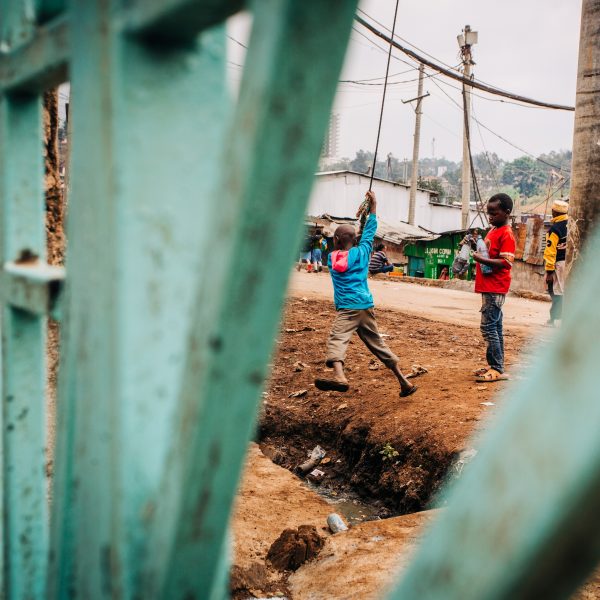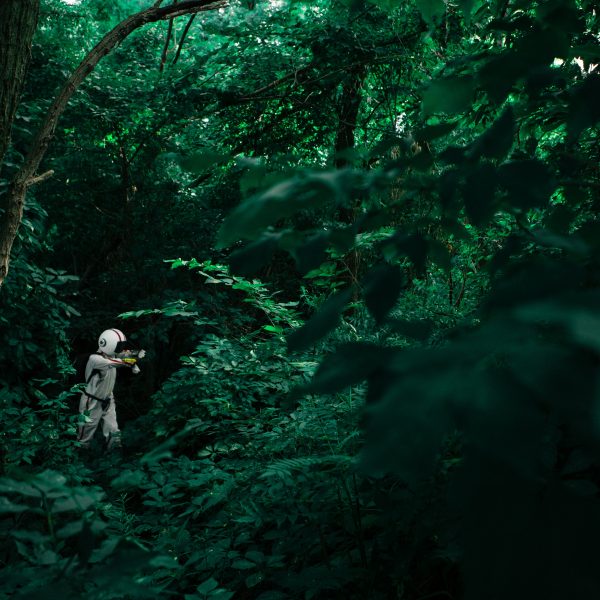Want toddlers to be safer? Let them play with fire, UON researcher says

Exposing toddlers to ‘risky play’ such as access to open flames and genuine tools during their early learning actually increases their safety awareness and promotes risk aversion, Associate Professor Linda Newman from the University of Newcastle (UON) has found.
Associate Professor Newman has conducted extensive practitioner studies alongside Adamstown Community Early Learning and Preschool Service Director Kate Higginbottom, some of which has been shared in The Conversation today.
During their research period, Associate Professor Newman worked with Ms Higginbottom and Dr Nicole Leggett to create and observe children engaging with risky environments such as a fire pit, real tools and high climbing apparatus, all of which were ultimately found to improve children’s confidence and promote a better assessment of risky behaviour.
The research validates the importance of risky play for children’s learning experience, as well as building educators’ confidence.
“These days there’s a tendency to shelter children from risks that past generations were readily exposed to – we hear a lot about ‘helicopter parenting’ or parents wrapping their kids up in cotton wool. By implementing risky play in a secure environment as part of early learning, we can ensure young children feel confident to engage with risk safely under supervision rather than on their own,” Associate Professor Newman said.
The researchers observed that, after an emphasis on intentional teaching was introduced, the children used more language associated with risk assessment and risk management when reflecting on their risky play and required less verbal and physical support from educators, indicating an increased ability to judge risk.
Notably, an increase in girls’ participation challenged gender stereotypes, leading to a more balanced curriculum of risky play.The educators’ confidence also improved, which in turn provided a significant increase in risky play opportunities.
The results varied from past research in Europe, which found children took more risks when no educators were present. Associate Professor Newman and Dr Leggett undertook the collaborative research, a year-long study comprising four industry-led (sic.) projects, to develop professional learning communities and better support teacher-led research in early childhood education.
“We know that early childhood educators sometimes experience low morale due to staff shortages and low pay. Despite the same qualifications, they can receive up to $30,000 per annum less than their teacher counterparts in schools.
“There’s a critical need for better frameworks and networks to ensure early career educators are supported and are able to thrive in the workplace,” Associate Professor Newman said.
The Research Connections project was inspired by Elder Street Early Childhood Centre and conducted in collaboration with Adamstown Community Early Learning and Preschool, Hamilton Childcare Centre, and Cameron Park Early Learning Centre.
The four projects included exploring the value of professional support and connection, strengthening the transition to school, enhancing teaching and learning practice and risk taking.
For more information about the findings, please see here.
Popular

Quality
Practice
Provider
Research
Workforce
Honouring the quiet magic of early childhood
2025-07-11 09:15:00
by Fiona Alston

Policy
Practice
Provider
Quality
Workforce
Minister Jess Walsh signals urgent action on safety and oversight in early learning
2025-07-11 08:45:01
by Fiona Alston

Workforce
Policy
Quality
Practice
Provider
Research
The silent oath: Why child protection is personal for every educator
2025-07-17 09:00:31
by Fiona Alston











